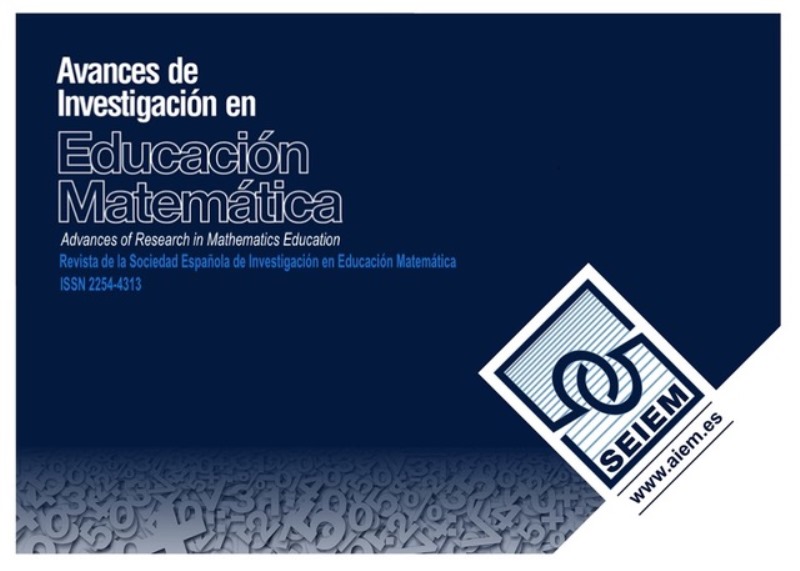Design and research for developing local instruction theories
DOI:
https://doi.org/10.35763/aiem.v0i15.266Abstract
Innovation in mathematics education needs the involvement of teachers, textbook authors, policy makers and researchers. This paper sketches the role and importance of instructional design aiming at new local instruction theories in mathematics education. The approach is shown with a study that investigated how students can be supported in the development of the basic principles of the mathematics of change. The study combines design and research in three successive phases. In the first phase a hypothetical learning trajectory and instructional activities are designed, in the teaching experiment phase the trajectory is acted out, and in the phase of the retrospective analysis the articulated hypotheses are reflected upon. In this way, a cyclic process of (re)design and development of innovative teaching is structured. The resulting local instruction theory is expected to create opportunities for teachers, textbook authors and researchers to consider contextual factors and to adapt results for their research or teaching.
Downloads
Downloads
Published
How to Cite
Issue
Section
License
The articles published in this journal are under a license Creative Commons: By 4.0 España from number 21 (2022).
Authors who publish with this journal agree to the following terms:
- Authors retain copyright and keep the acknowledgement of authorship.
- The texts published in this journal are – unless indicated otherwise – covered by the Creative Commons Attribution 4.0 international licence. You may copy, distribute, transmit and adapt the work, provided you attribute it (authorship, journal name, publisher) in the manner specified by the author(s) or licensor(s). The full text of the licence can be consulted here: http://creativecommons.org/licenses/by-nc/4.0.
- Authors are able to enter into separate, additional contractual arrangements for the non-exclusive distribution of the journal's published version of the work (e.g., post it to an institutional repository or publish it in a book), with an acknowledgement of its initial publication in this journal.
- Authors are permitted and encouraged to post their work online (e.g., in institutional repositories or on their website) prior to and during the submission process, as it can lead to productive exchanges, as well as earlier and greater citation of published work (See The Effect of Open Access).









